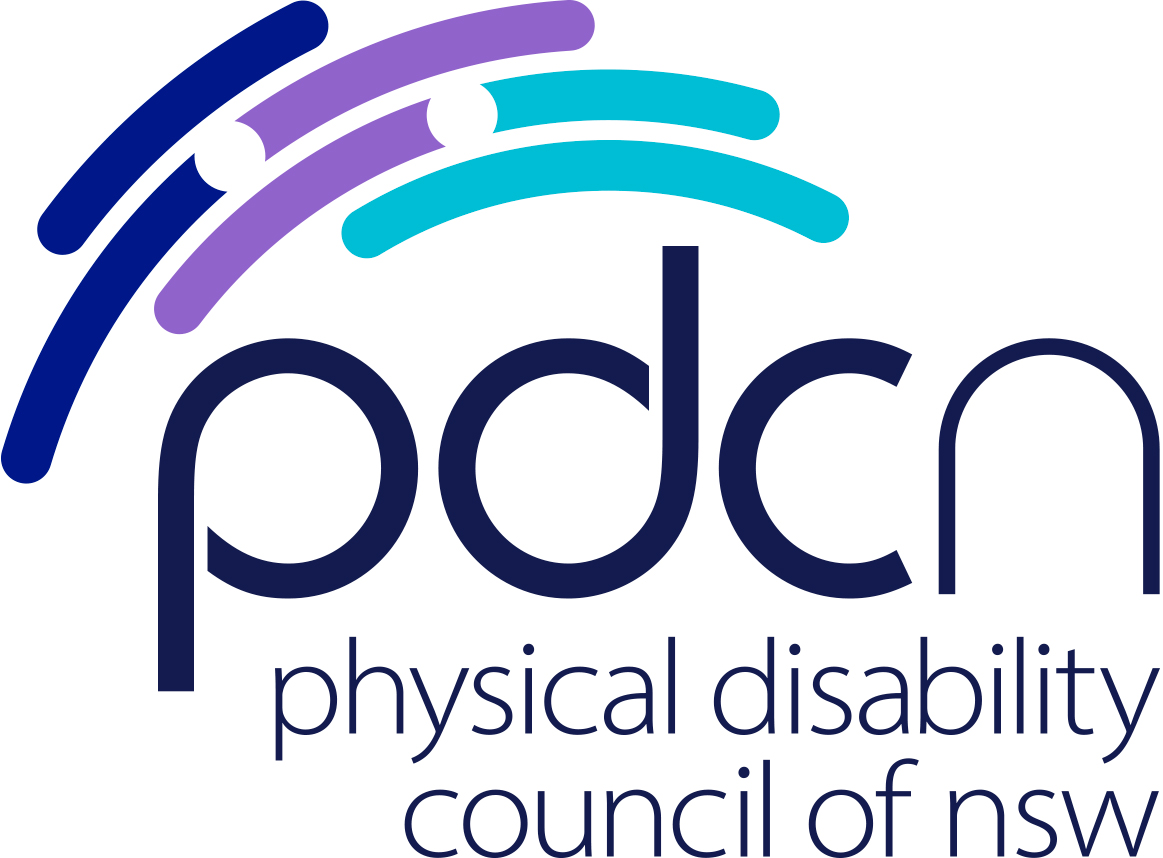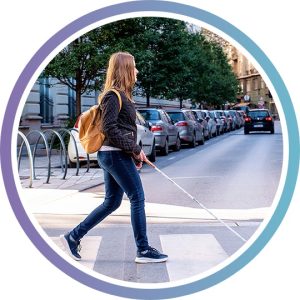
Over the past few months PDCN have been collecting stories and data on the experiences of people with disability using taxis in NSW. With this information we have put together a research report. From our findings, it’s clear that the taxi industry needs reform. We found major issues with the Taxi Transport Subsidy Scheme (TTSS), wheelchair accessible taxis (WATs), the booking system, and using interstate dockets.
Through our research we came up with four key recommendations.
Recommendation One
Transfer to the Taxi Transport Subsidy Scheme (TTSS) smartcard system across the whole NSW taxi fleet must be achieved, and provider barriers to the adoption of the TTSS Smartcard must be resolved.
The Smartcard is meant to facilitate an easier, quicker, and more accessible experience when paying for taxis for TTSS participants. However, the roll out of the Smartcard has unfortunately been plagued with issues experienced by customers, drivers and operators of taxi services.
Our survey found that the Smartcard is in fact the preferred option for payment with 88% preferring to use it over paper dockets. Yet nearly 60% are still using paper dockets, with 36% only using them when a driver refuses the Smartcard. For those that use the Smartcard, 66% reported problems using it, mostly related to drivers purportedly not knowing how to process the card or wanting to use dockets as a preference.
A further issue regarding the Smartcard for operators is the cost of implementing the system itself. To use the Smartcard, vehicles need to be fitted with a Cabcharge terminal, however this comes at a cost to the operator. There is a concern that taxi operators do not want to invest in this system or see it as an added expense while paper dockets are still in use.
We need to see the Smartcard system rolled out in full across the entire NSW fleet. Barriers to the adoption of the Smartcard for operators must be resolved and paper dockets phased out of use.
Recommendation Two
The NSW Government must provide additional incentives for drivers to take on wheelchair accessible taxis (WATs) to increase the WAT fleet, particularly in limited markets.
It has been noted by members that WATs are increasingly difficult to book and notoriously unreliable, especially in rural and remote areas. This causes people to miss vital appointments, and reduced ability to travel to places of employment and social occasions.
”It’s become truly bad. I’m wary of even booking now. I now limit outings to those I can wheel to/from. I missed several events that cost me a significant amount for tickets. I missed a relative’s funeral service. I have no faith in the taxi system to meet my needs now.”
A concerning 30% of those surveyed in the past 12 months had experienced booking a WAT that never turned up, and nearly one quarter of participants had waited more than two hours for a booked taxi to arrive. To counter this, several users reported booking simultaneous taxis through multiple booking systems in the hope that at least one will show up – which has the result of tying up two vehicles per passenger. Even when WATs are booked days in advance, services are still unreliable.
“Every occasion has been an absolute nightmare. Even when taxis are booked three days in advance. They never turn up without numerous calls to the taxi provider. This has caused many missed specialist appointments, continence issues in public while waiting, missed medication, overtime rates to support workers due to not being able to leave the participant unattended, participant anxiety and psychological distress.”
We need to see more WATs on the road. Additional incentives must be provided by the government to encourage drivers to invest in WAT vehicles, with a focus on areas where there is limited supply.
Recommendation Three
Create and enforce a single streamlined central booking system across the whole state.
Currently there are two separate booking systems for WATs; Zero200, owned by taxi company 13Cabs, and Wheelchair Book & Ride, operated by Spinal Cord Injuries Australia (SCIA). Wheelchair Book &
Ride operates only within the Sydney Metropolitan area, and Zero200 continues to operate as a commercial service.
This has caused confusion and frustration for both users and operators, causing double bookings as people hedge their bets, booking a ride through both numbers due to unreliable service. This causes problems as drivers show up for bookings that are no longer needed, creating less availability of an already limited service.
Recommendation Four
Nationalise the interstate booking system.
Our research also revealed many accounts of difficulties with interstate travel and using the TTSS interstate dockets. 40% of respondents to our survey had experienced problems using interstate taxi dockets, with multiple experiences of taxi drivers not knowing anything about how interstate dockets work or understand anything about the subsidy scheme, and often being abusive to those trying to use them at the completion of a journey.
These many issues with taxi services for people with disability are unfortunately commonplace, and changes must be made to ensure the inclusion of people with physical disability. The good news is that these issues can be fixed. PDCN will be using our report on the experiences of people with physical disability using taxis in NSW to connect with the Taxi Council and the Point-to-Point Transport Commissioner and call for immediate improvements. We hope to see positive change for the future of taxi transport in this state and across Australia. For further detail you can read our report here.



